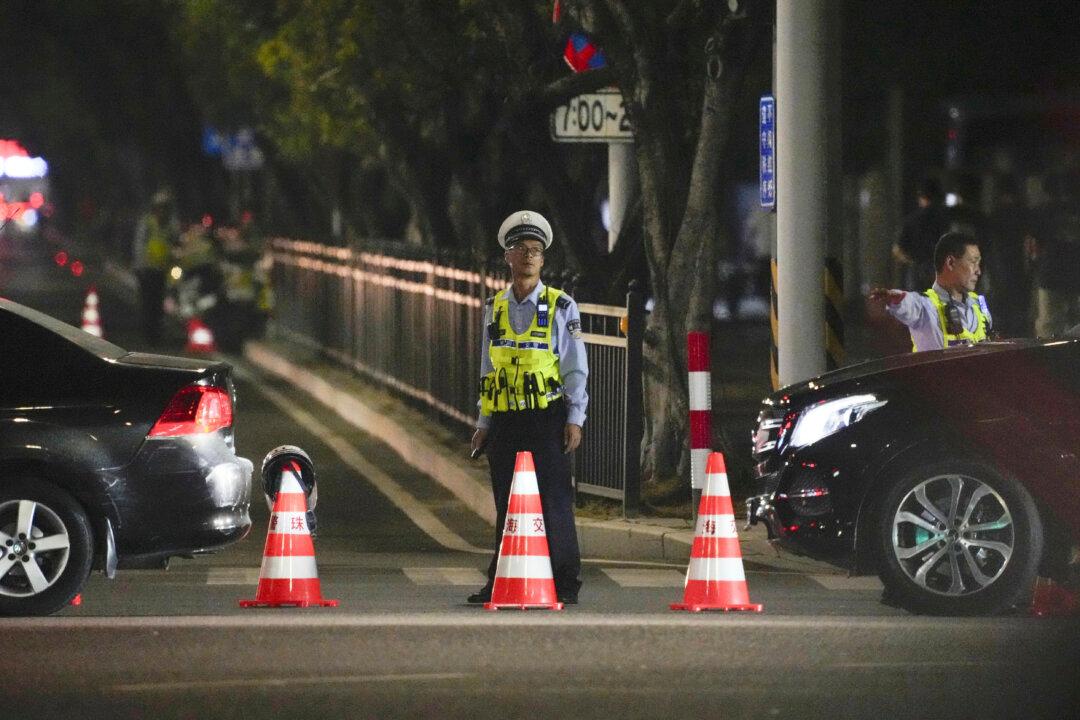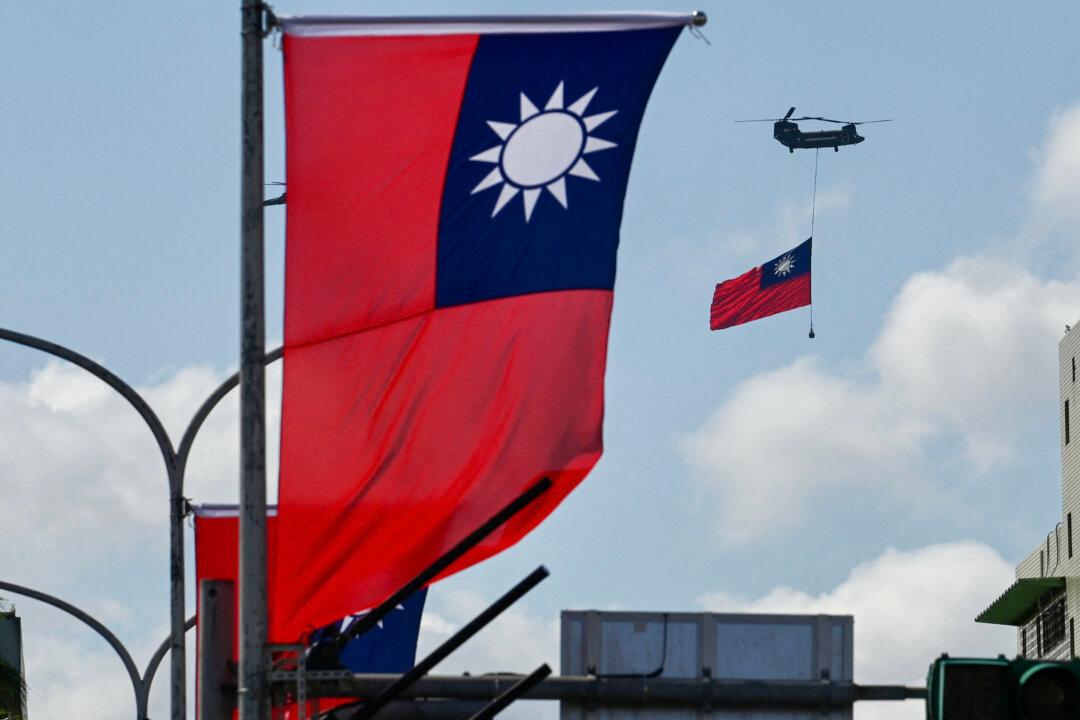Australian Border Enforcement (ABF) has decided to stop using Chinese-made drones out of an abundance of caution.
In April, the federal government ordered a safety review of hundreds of drones made by a Chinese company, Da Jiang Innovations (DJI), after it was discovered that Australia’s Department of Defense was using them.
“These devices were not allowed to be connected to our network in any way. They were being used in very low-risk environments, for example, in relation to tobacco crops,” he told senate estimates.
“I felt we had sufficient controls in place. Our operating environment is not identical to Defence.”
Therefore, after Outram learned of the Defense’s decision to suspend DJI’s drones, the border agency continued testing the Chinese-made drones for several days.

However, the commissioner eventually decided that the agency would stop using these drones until more research was done.
“Once that decision was made by defence, I felt that out of abundant caution, it was prudent to cease the trial until we know more,” he said.
The Australian Defence Forces are conducting a six-month security audit of DJI’s drones.
In 2018, the Trump administration blacklisted DJI to prevent it from purchasing U.S. technology. And in 2021, the Biden administration added DJI to a list of “Chinese military-industrial complex companies” in which American investment is prohibited.
Additionally, six months ago, the Pentagon banned the use of drones in the United States over concerns that the Chinese company had ties to the Chinese Communist Party (CCP)’s military and that they might have cybersecurity vulnerabilities.
Senator James Paterson, the opposition’s home affairs spokesman, has previously said the United States took action against the company because it was “controlled by the People’s Liberation Army” and had been sanctioned for its role in the CCP’s repression of the Uyghur ethnic group in Xinjiang region.
Paterson urged the ABF to follow the Defence and stop flying the drones until a review is done.
“If it’s not safe to use in our military, it should be nowhere near our highly sensitive border protection operations either,” he said.
“The Albanese government should urgently investigate lower-risk alternatives to DJI for all Commonwealth departments and agencies.”

All companies based in China, such as DJI, must comply with the CCP’s 2017 national security laws, which require them to hand over data at the request of Chinese intelligence agencies.
The ABF confirmed it had bought 41 DJI drones since 2017, including 37 between February and June last year, many of which are being used in trials to explore how remote systems can enhance its business capabilities.
“In 2021, the ABF established an RPAS Capability Project to test, trial and implement an RPAS capability for the agency.
“Due to the impact of COVID-19, the project has been delayed and currently remains in the trial stage.”




